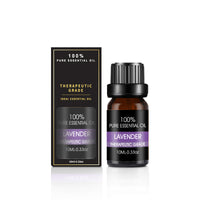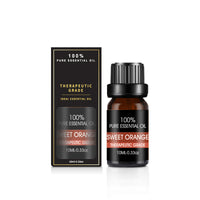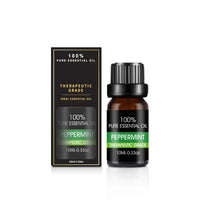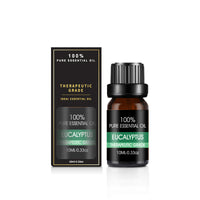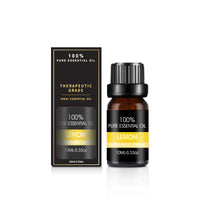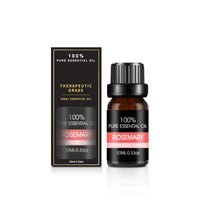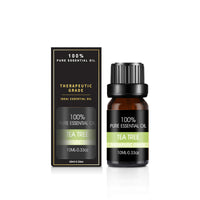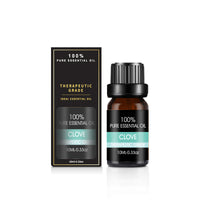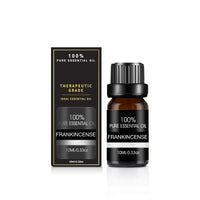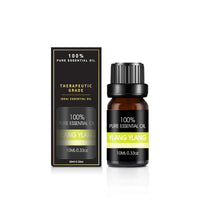Some essential oils can act as disinfectants due to their natural antimicrobial properties. These oils contain compounds that have been found to be effective at killing or inhibiting the growth of microorganisms such as bacteria, viruses, and fungi.
Ways in Which essential Oils Can Act as Disinfectants
1. Antibacterial Properties: Many essential oils contain compounds like terpenes and phenols that have strong antibacterial properties. They can disrupt the cell membranes of bacteria, inhibit their growth, or even destroy them.
2. Antiviral Properties: Some essential oils, such as tea tree oil, have demonstrated antiviral activity. They can interfere with the replication of viruses or disrupt their structure.
3. Antifungal Properties: Certain essential oils, like oregano oil and thyme oil, possess antifungal properties. They can inhibit the growth of fungi and yeast.
4. Antiseptic Properties: Essential oils like lavender and eucalyptus have antiseptic properties, which means they can prevent the growth of disease-causing microorganisms on the skin or in the environment.
5. Anti-inflammatory Effects: In addition to their antimicrobial properties, some essential oils also have anti-inflammatory effects, which can help the body's immune system fight off infections.
6. Aromatherapy and Disinfection: Apart from their direct antimicrobial properties, essential oils are often used in aromatherapy and can help create a healthier environment. Certain essential oils can improve air quality and reduce stress, promoting overall well-being.
It's important to note that the effectiveness of essential oils as disinfectants can vary depending on the specific oil, its concentration, and the microorganisms being targeted. Essential oils are generally considered natural alternatives to chemical disinfectants, and they are used in various applications such as cleaning products, topical treatments, and diffusers.
Top Essential Oils Commonly Used for Their Disinfectant Qualities
1. Tea Tree Essential Oil (Melaleuca oil): Tea tree oil is well-known for its powerful antimicrobial properties. It can effectively kill bacteria, viruses, and fungi. It is often used in cleaning products and skin care.
2. Lavender Essential Oil: Lavender essential oil possesses both antiseptic and antibacterial properties. It's commonly used for disinfecting surfaces and promoting relaxation.
3. Peppermint Essential Oil: Peppermint essential oil has antibacterial and antiviral properties. It's used in cleaning products and can help improve air quality.
4. Eucalyptus Essential Oil: Eucalyptus essential oil is effective against bacteria and viruses. It's often used in vapor rubs and diffusers to ease respiratory symptoms.
5. Lemon Essential Oil: Lemon essential oil has antibacterial and antiviral properties. It's a popular choice for cleaning and freshening the air.
6. Thyme Essential Oil: Thyme essential oil is known for its strong antimicrobial properties and is effective against various pathogens, including bacteria and fungi.
7. Oregano Essential Oil: Oregano essential oil contains carvacrol, a potent antimicrobial compound. It is used for its antibacterial, antifungal, and antiviral properties.
8. Cinnamon Essential Oil: Cinnamon essential oil has strong antibacterial properties and a pleasant, spicy aroma. It can be used in cleaning products and diffusers.
9. Rosemary Essential Oil: Rosemary essential oil has antibacterial properties and is often used in homemade cleaning solutions.
10. Clove Essential Oil: Clove essential oil is known for its antibacterial and antifungal properties. It's used in dental care products and as a disinfectant.
11. Frankincense Essential Oil: Frankincense essential oil has been shown to have antimicrobial properties and is used in aromatherapy.
12. Geranium Essential Oil: Geranium essential oil possesses antiseptic and antibacterial properties. It's often included in skin care products.
Remember that essential oils should be used with caution, and it's important to dilute them properly before applying to the skin. Some individuals may be sensitive or allergic to certain essential oils, so a patch test is recommended when using them topically. When using essential oils for cleaning and disinfection, follow recommended dilution ratios and safety guidelines to ensure effective and safe use. Always follow appropriate safety guidelines and product instructions when using essential oils for disinfection.


